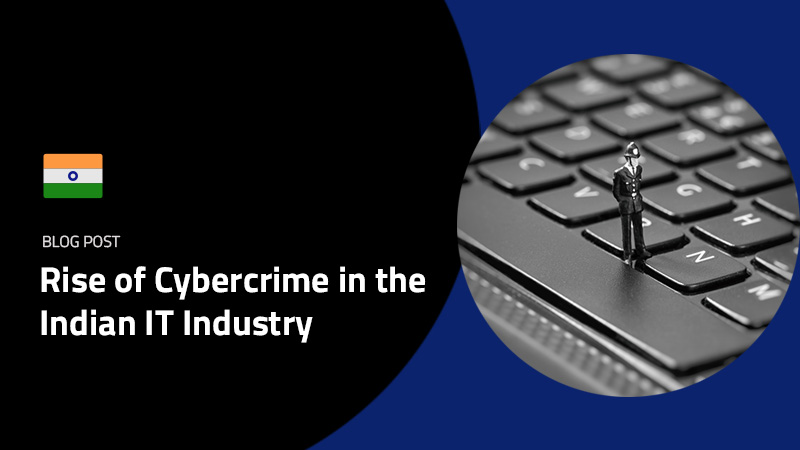You need employees to run your business. Without them, you’d have to do everything yourself – and let’s face it, you can’t do EVERYTHING.
But well-meaning employees could easily click on a link in a phishing email, insert an unapproved USB device or otherwise unwittingly open up your data to hackers. Internal data breaches are generally more prevalent and represent a primary source of concern for data security managers. — National Law Review And some of your employees may even be out to get you. Personal health data, for example, can be particularly valuable and is often targeted in thefts.A recent report found such incidents frequently are tied to:
- Insider activity
- Employee negligence
- Stolen devices
In today’s networked world, a disgruntled employee can pose a greater corporate risk than an outside hacker. – USA Today
Victims and masterminds
Consider these cases:
- A worker at a U.S. healthcare network stole patient information for more than a year before being caught.
- A recent Morgan Stanley data breach was traced back to an employee — but that employee may have been targeted by hackers who were exploiting security glitches.
- A worker at the telecommunications company Ooredoo in Myanmar stole a customer’s call log and gave it to the customer’s business associate. The Ooredoo employee was fired and may still face criminal prosecution.
One thing that could have prevented these incidents is employee monitoring software. Such software can track employee actions such as logons, uploads and downloads, helping to protect data and corporate systems. Some software, including Digital Endpoint, allows employers to see what files have been moved to a USB. Along with employee negligence, the healthcare industry also had insider access as its top presence achieved in the first half of 2015. — HealthITSecurity.com Monitoring software can prevent headaches, embarrassing data breaches and even criminal prosecution. Visit the Digital Endpoint website for more information.
Have an opinion on this? Comment below!






